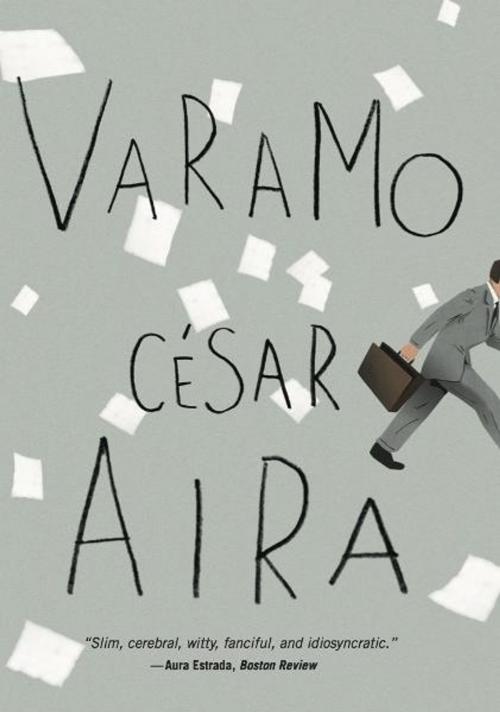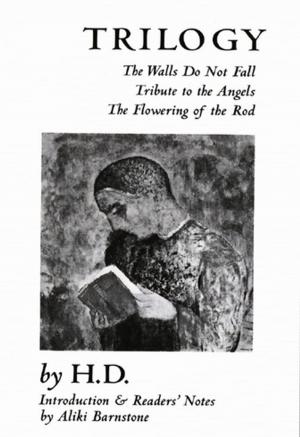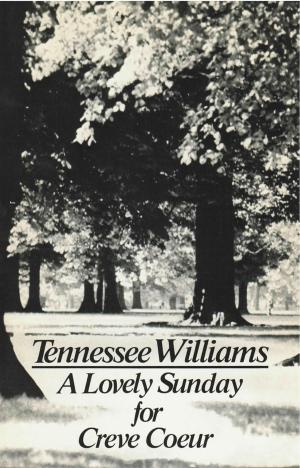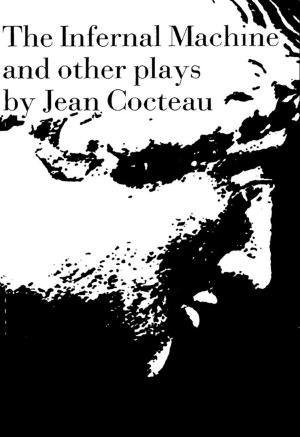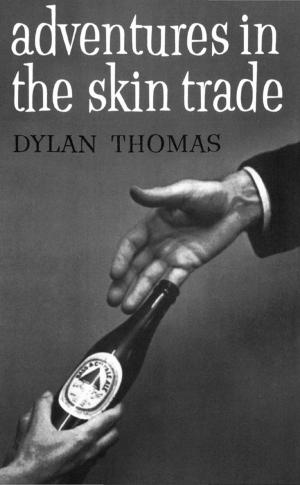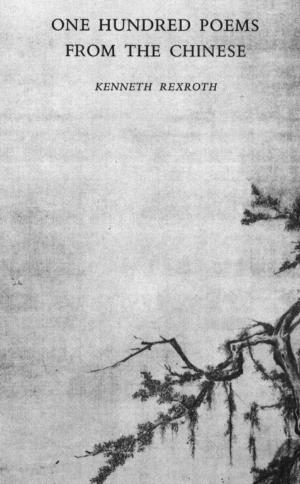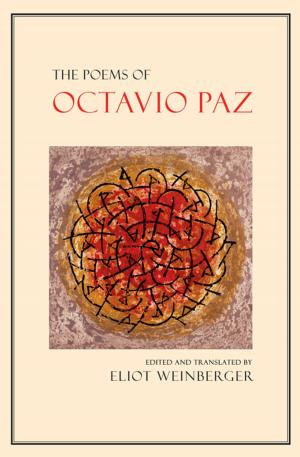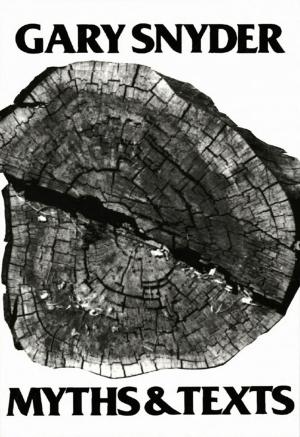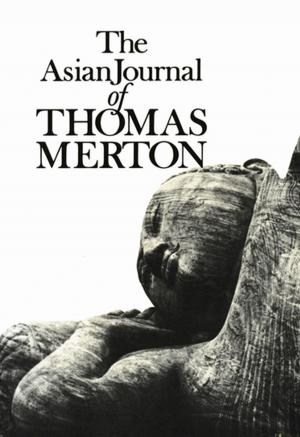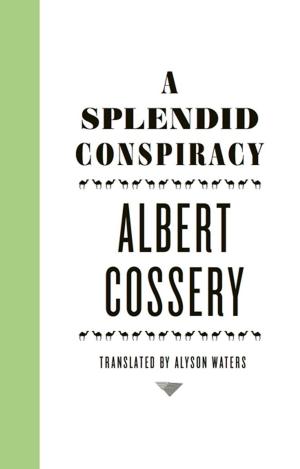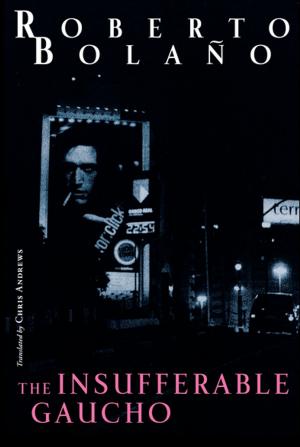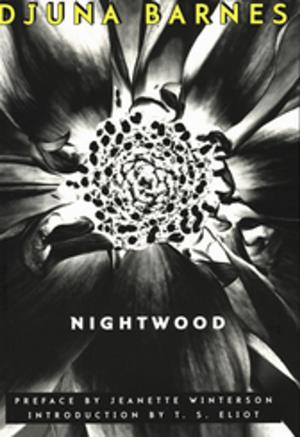| Author: | César Aira | ISBN: | 9780811219556 |
| Publisher: | New Directions | Publication: | February 22, 2012 |
| Imprint: | New Directions | Language: | English |
| Author: | César Aira |
| ISBN: | 9780811219556 |
| Publisher: | New Directions |
| Publication: | February 22, 2012 |
| Imprint: | New Directions |
| Language: | English |
The surprising, magnificent story of a Panamanian government employee who, one day, after a series of troubles, writes the celebrated masterwork of modern Central American poetry.
Unmistakably the work of César Aira, Varamo is about the day in the life of a hapless government employee who, after wandering around all night after being paid by the Ministry in counterfeit money, eventually writes the most celebrated masterwork of modern Central American poetry, The Song of the Virgin Boy. What is odd is that, at fifty years old, Varamo “hadn’t previously written one sole verse, nor had it ever occurred to him to write one.”
Among other things, this novella is an ironic allegory of the poet’s vocation and inspiration, the subtlety of artistic genius, and our need to give literature an historic, national, psychological, and aesthetic context. But Aira goes further still — converting the ironic allegory into a formidable parody of the expectations that all narrative texts generate — by laying out the pathos of a man who between one night and the following morning is touched by genius. Once again Aira surprises us with his unclassifiable fiction: original and enjoyable, worthy of many a thoughtful chuckle, Varamo invites the reader to become an accomplice in the author’s irresistible game.
The surprising, magnificent story of a Panamanian government employee who, one day, after a series of troubles, writes the celebrated masterwork of modern Central American poetry.
Unmistakably the work of César Aira, Varamo is about the day in the life of a hapless government employee who, after wandering around all night after being paid by the Ministry in counterfeit money, eventually writes the most celebrated masterwork of modern Central American poetry, The Song of the Virgin Boy. What is odd is that, at fifty years old, Varamo “hadn’t previously written one sole verse, nor had it ever occurred to him to write one.”
Among other things, this novella is an ironic allegory of the poet’s vocation and inspiration, the subtlety of artistic genius, and our need to give literature an historic, national, psychological, and aesthetic context. But Aira goes further still — converting the ironic allegory into a formidable parody of the expectations that all narrative texts generate — by laying out the pathos of a man who between one night and the following morning is touched by genius. Once again Aira surprises us with his unclassifiable fiction: original and enjoyable, worthy of many a thoughtful chuckle, Varamo invites the reader to become an accomplice in the author’s irresistible game.
